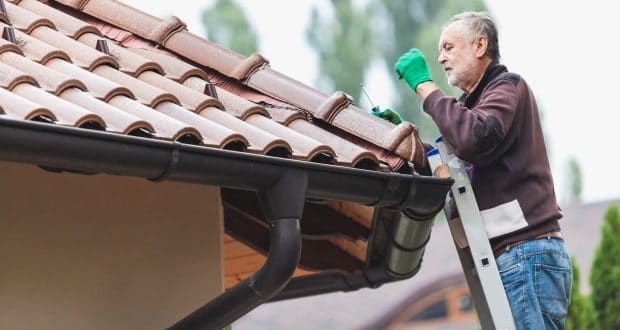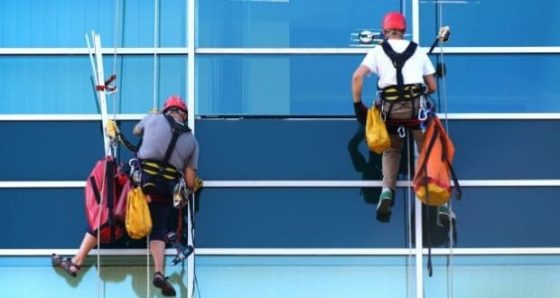Safety Precautions When Working At Height
Working at Height implies the mode of work where a worker is required to work at a level. The range, though normally expected to stay above the ground, can also be below the ground.
Safety measures are important to reduce the chances of falling and getting hurt. Experts believe work at height should be averted to the maximum possible extent.
In case such avoidance is not possible, the supervisor of a project should be available to undertake a risk assessment for working above ground. The project patron is responsible for the safety of workers, particularly those who would be continuing beyond the level of the earth.
Though work at height includes several types of falling, it does not include slip, trip, or falling over the same ground level. Walking up and down through the staircase, even for the continuation of work, is not working at height.
Safety Precautions
A supervisor must be careful while selecting equipment for working at height. A proper guideline for the uses of different equipment is also crucial.
The implementation of an appropriate safety system will have to be planned before the commencement of the project activities. It is also mandatory that safety measures be appropriately supervised and carried out with convenience.
The materials may include any machinery, appliance, apparatus, tool, or installations for the job.
Working with Ladders
Ladders offer suitable working cooperation while carrying low-risk, and short duration working at height. Ladders are best to use in cases where high-level risk protection is not necessary.
Yet, the user must have to undergo proper training regarding the methods for safe usage. The users must possess competence regarding the usage of the material and avail safety opportunities.
Safe Use of Ladders
While working with leaning ladders, the following safety measures should be adopted:
- The use of only light materials
- Do not mount at the topmost heel and avoid working off the top three rungs.
- Ensure the ladder is long enough or high for the task.
- Do not overload the ladder and the ladder should be inclined at 75°.
- Grip ladders and face the ladder rungs at the time of climbing or descending.
- Moving or extending ladders while standing on the rungs challenges safety.
- Make sure the ladder extends at least 1m above at the time of work.
Working with Step Ladders
Working with step ladders requires the following kinds of security measures
- Securing the four stepladder feet to the ground and ensuring the steps are level.
- Use only light materials and tools. Avoid using the top three steps.
- Working at height must be at the reachable stages only.
- Ensure the presence of a locking device. Jobs requiring sideloading is risky.
- Position the stepladder facing the work activity.
Finally, we have covered the kinds of danger while working at height. It is quite evident that suitable measures of safety must be taken for Working at Height. Anything reported about the risk assessment, therefore, must include pieces of evidence for the development of a safe system of work, and emergency procedures.
Still on safety topics, here are four things that need a safety check for your kids.







